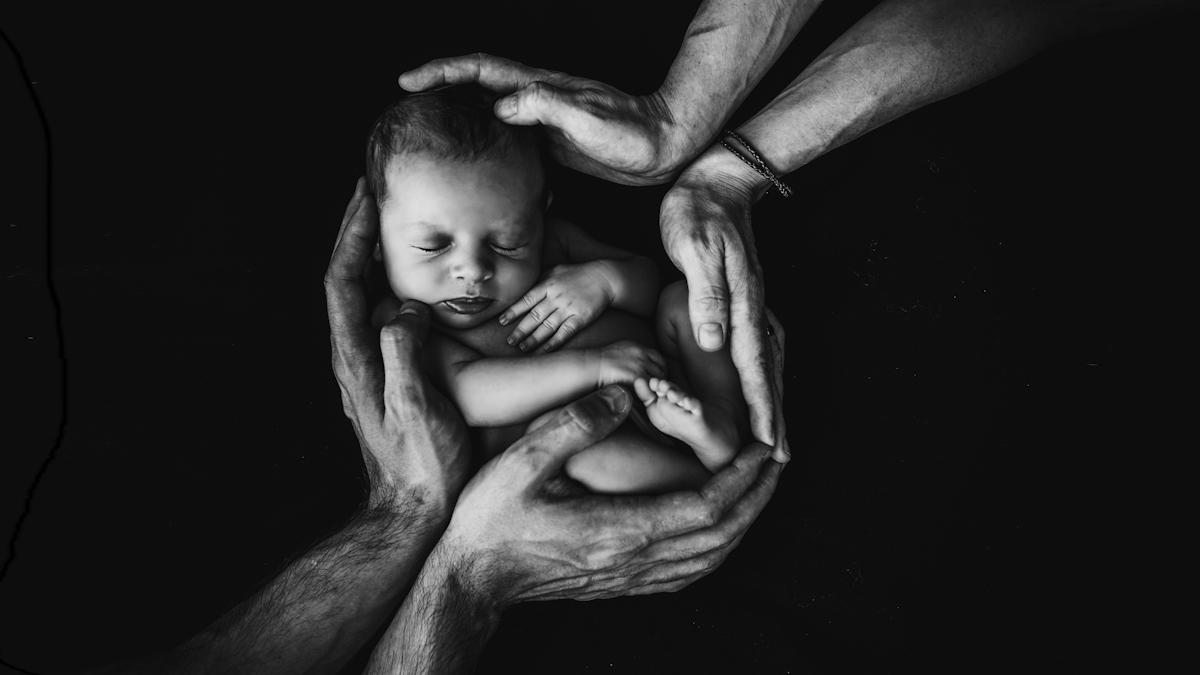Sanofi starts shipping RSV drug early as rival nears market

Sanofi is speeding up shipping its respiratory syncytial virus (RSV) preventative antibody Beyfortus to get ahead of what it believes will be strong demand in the 2025–26 season.
Distribution of Beyfortus (nirsevimab) will start early in the third quarter in order to give healthcare providers more time to prepare for the season, which typically runs between November and March.
The company said demand for Beyfortus has been rising fast since its first launch in 2023, fuelled by its position as the only preventative RSV medicine approved for all infants regardless of birth timing or medical condition, according to Sanofi.
The antibody was co-developed with UK drugmaker AstraZeneca and made $1.8 billion in sales last year, even though supply has been outstripped by demand and Sanofi and AZ have been racing to add additional production capacity for the shot. Sanofi said this morning that the two companies have tripled capacity and doubled the number of manufacturing sites for Beyfortus since its launch.
In the US, RSV causes an average of around 58,000 hospitalisations a year, with 100–500 deaths among children younger than five years old. The virus is the second-largest killer of children worldwide after malaria, with deaths disproportionately seen in low-income countries.
Competition looming
The announcement of the early launch comes just as rival MSD is waiting to hear from the FDA about a possible approval of its rival RSV antibody clesrovimab (formerly MK-1654), with an action date of 10th June.
Clesrovimab has been held up by MSD (known as Merck & Co in the US and Canada) as offering simpler dosing and better clinical data than Beyfortus, and has a different molecular target. Specifically, Beyfortus is given in two different doses based on body weight, while clesrovimab is administered as a single dose regardless of weight.
Sanofi, meanwhile, is pointing to a change to Beyfortus' label in the EU, which extends the duration of protection through six months, saying it means the drug "can continue to offer season-long protection for all infants, including older babies immunised just before the RSV season begin."
Pfizer's RSV vaccine Abrysvo – given to the mother during pregnancy and also approved for use in older adults – is another option for protecting newborns and infants from RSV disease in the first six months of life.
"Our third year of providing RSV protection marks a transformative era in infant health," said Sanofi's vaccines chief Thomas Triomphe.
"Backed by more than 40 real-world studies involving 250,000 immunised infants, Beyfortus has consistently proven itself as an effective RSV immunisation."
Photo by Isaac Quesada on Unsplash












